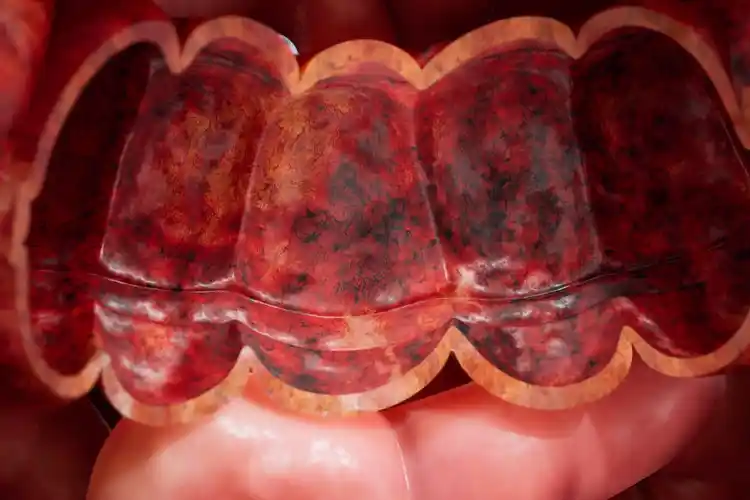How Medications Work Inside Your Body

Hide Video Transcript
Video Transcript
SPEAKER
There are different medications to help your body fight ulcerative colitis, and the way they work varies. From mild to moderate flare-ups, anti-inflammatory medications are often the first line of treatment.
Aminosalicylates, otherwise, known as 5-ASAs, work to reduce inflammation in the lining of the intestinal tract.
This helps ease symptoms such as abdominal pain and diarrhea.
For UC that is more severe, your doctor may prescribe corticosteroids, a group of powerful anti-inflammatories.
Steroids circulate through the bloodstream and help keep flare-ups in check by reducing the chemicals in the immune system that cause inflammation.
But steroids are not recommended for long-term use due to potentially serious side effects.
Immunomodulators are another form of medication, if anti-inflammatories aren't effective.
They work to suppress an overactive immune system and keep it calm during remission.
Biologics are made from genetically engineered molecules, proteins, and other natural substances.
Biologics work by targeting specific proteins on cells that can block inflammatory pathways and can be used in combination with other medications.
Talk to your doctor about the best way to treat your ulcerative colitis as more treatments become available.
While there's no cure for UC, medications can control symptoms and manage your conditions so you can enjoy everyday activities.
